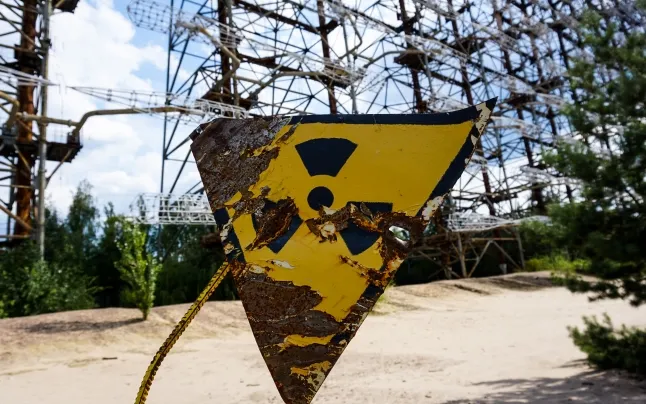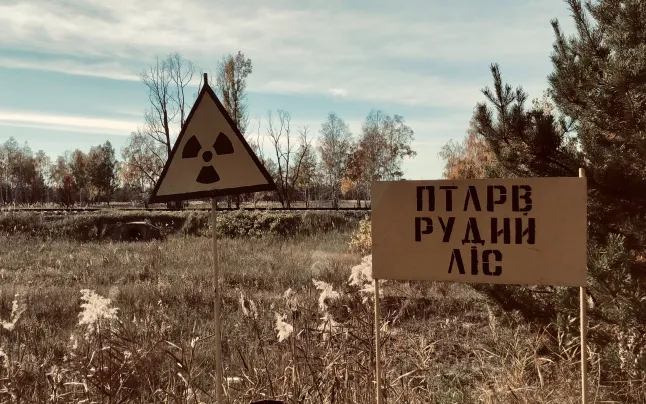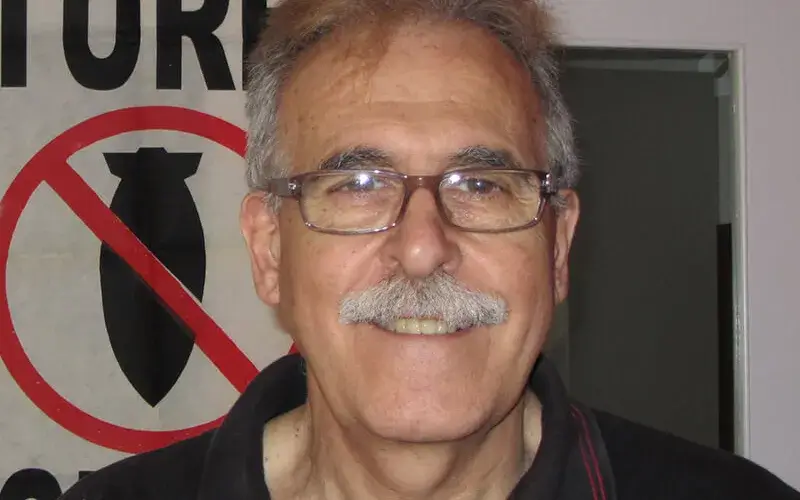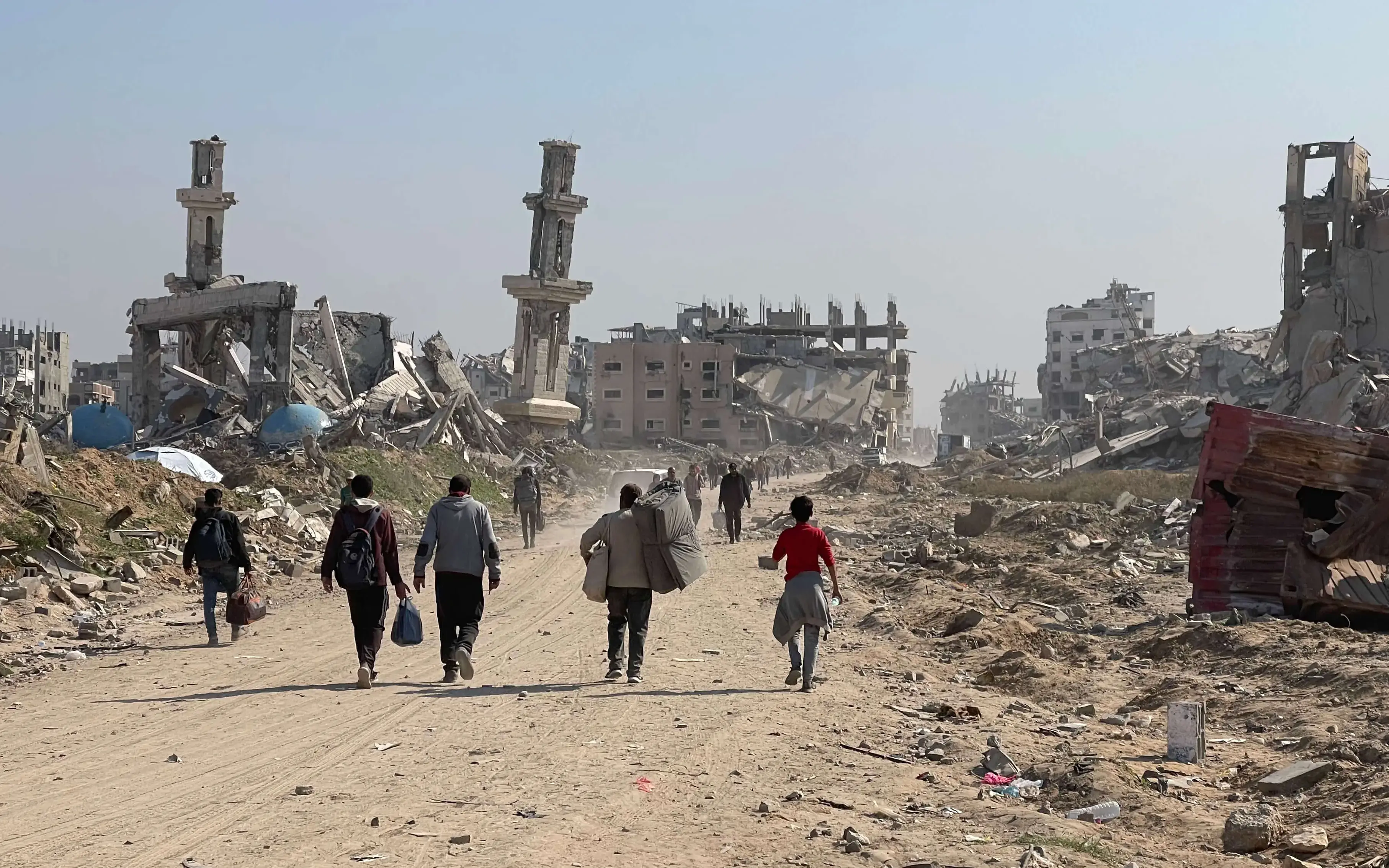The entity goes over the agreement path since its approval and implementation, as well as the obligations that it entails and the support that has gathered till now.
The Russian invasion of Ukraine has revived the fear related to the nuclear threat and its disastrous consequences for the survival of humanity and the planet. The fear of a new nuclear war has spread everywhere, and the issue is back on the political and news media agenda. In the same way, there have strongly emerged voices that call for the definitive and irreversible elimination of nuclear weapons.
Nowadays, nobody doubts that the best tool to end with the nuclear arsenal is the Treaty on the Prohibition of Nuclear Weapons (TPNW), born thanks to the efforts of international civil society and the leadership of some members and adopted in United Nations in 2017, a historical event that has been a turning point on the start of nuclear era’s finishing. Since now, the TPNW has been ratified for sixty countries and came into effect last January. At the end of June 2021, the first Conference of State parties took part in Vienna.
Fundipau works for years to achieve a free nuclear weapons' world, aware of the danger that their existence implies and the problem that they represent for everybody's security. To boost the treaty and spread its virtues, the Catalan entity has elaborated a report to obtain the society’s support and the implication of the institutions. It is a claim specially destined to the Spanish government, to join it to the TPNW.
Fundipau’s report, which the entity published matching with the celebration of the Conference of State parties in Vienna, shows the TPNW’s historical way since the approval and the implementation, while it picks up the obligations that it entails to the joined countries, the supports that actually has, and the gender perspective focused on the nuclear disarmament.
A treaty with a huge support, based in the humanitarian law
The document relies on the idea that nuclear weapons are immoral because of his strong destructive capacity and are also illegal since the TPNW approval, with a huge support from the international community, in July 2017 at the United Nations central office in New York.
A few days later, on the 20th of September 2017, the treaty had opened to state’s signature and the new law got the firsts official supports. In October 2020, with Honduras’ ratification, fifty countries joined the text, and for this reason, they formally agreed to accept the legal obligations. Another important date is 22nd January 2021, when TPNW was implemented and, in consequence, changed into a binding international law.
We are talking about the first global treaty that can be applied which prohibits nuclear weapons and the one that establishes a framework, verified and irreversible, for its absolute abolition. It is an agreement that closes the legal vacuum about this international law: “the nuclear weapons were the only massive destruction weapons that were not subjected to a global prohibition treaty”, says the report.
However, there is still a long way to go to achieve the nuclear disarmament. If we take a look at the latest information from the Stockholm International Peace Research Institute (SIPRI), now, in the world, there are more than 12,000 nuclear weapons and the countries that have them are still investing money in their modernization. The international agency predicts that in the next few years, the number of weapons will grow for the first time since the Cold War.
For this reason, the TPNW is an agreement based on the rules and the values of the international humanitarian law, which limits the rights of the parties from a military conflict to choose the methods and mediums of the war, as well as the weapons have to be able to distinguish between civil and warriors, and the weapons that can injury or cause an unnecessary suffer are prohibited.
TPNW obligation’s and nuclear weapon’s elimination
For the countries that have ratified the TPNW, this implies to prohibit the development, try, production, fabrication, transfer, possession, storage, use or threat of using nuclear weapons, as well as to have weapons in their territory.
Furthermore, a country that has nuclear weapons can take part of the treaty with a destruction commitment, verified and irreversible, through a plan and a binding calendar. At the same time, it includes a mechanism to finish the possession of nuclear arsenal, in other words, to install nuclear weapons from another country in his area.
The agreement also stipulates that the members have to present regular reports about the progress made in the implementation of the obligations fixed in TPNW till the moment they have completed. The guarantees of the elimination of nuclear arsenal are in charge of the International Atomic Energy Agency (IAEA), who will verify the disarmament in the installations and will control that nuclear weapons won’t be used any more with armament purposes.
Also, like other treaties that prohibit to use anti-personnel mines or cluster bombs, the TPNW asks the countries that are in to attend the victims resulting from using and trying nuclear weapons, as well as act for repair the contaminated areas by the radiation from nuclear explosions. This attention includes medical care, rehabilitation and psychological support, in addition to having to ensure the social inclusion of the victims.
Who has joined TPNW and who is reluctant to
The TPNW’s desire is to implicate all the countries in the world. Anyone can decide to join at any moment. Sign the treaty means a compromise of becoming a member in the future, while the ratification legally obligates to fulfil all the dispositions that are in the text.
Today, a sixty countries have ratified the TPNW and more than a hundred have shown support. For example, three countries from the European Union (EU) like Ireland, Malta and Sweden have joined it. However, there are still a lot of countries that are reluctant to it, for fear of the enemies’ shame or because they wrongly still believe that nuclear weapons bring security. All in all, no one of the eight states that have nuclear weapons has signed or has demonstrated the will to do it soon.
In this sense, the TPNW, in the article 12, asks the members who have joined to encourage the rest of the countries to do it to achieve the universal union purpose. Traditional allied countries of nuclear powers have started to join the treaty, and they could play an important role in the last push for the denuclearization, especially for the countries that still have nuclear weapons.
Among the reasons to adhering to the TPNW, Fundipau’s report cites, among others, the devastation and the suffering into a massive scale that nuclear weapons produces and the threat that this supposes for the human survival; something that can debilitate the security of all countries in the world, the evidence that nuclear weapons doesn’t work for military or strategic purposes; or, simply, that the joining means to be in the correct side of the history, the legality and the humanity.
A treaty with a lot of supports in different social areas
Beyond states and organizations and peace movements and the world’s disarmament that are linked with the treaty, many groups from different areas of health, law, education, art, among others, as well as trade unions, parliamentarians and villages have demonstrated their agreement with the rule.
For example, cities like Barcelona, Paris, Los Angeles or Sydney, among millions of cities in the world, have approved motions or have issued declarations in agreement with the adhesion to the TPNW. In Catalonia, more than sixty villages have already done it, which represents more than the 50% of the population, through the Cities of Peace campaign, launched by Fundipau and Mayor and Mayoresses for the Peace Network. In Spain, seventy-six villages have given support to the treaty.
Furthermore, institutions like the Congress of Deputies and the Parliament of Catalonia have approved friendly motions to TPNW. Also, more than 1,600 parliamentarians from everywhere - a thirty from Catalonia and Spain - have signed a commitment to support the law that wants to finish with the use of nuclear weapons.
In the same way, Fundipau wants to specially emphasize the thirty persons from academic, science, medical, cultural, journalistic and social areas from Spain that have joined to the manifest, called “Towards a world free of nuclear weapons”, which claim to Spanish executive power his join to the prohibition treaty.









Add new comment